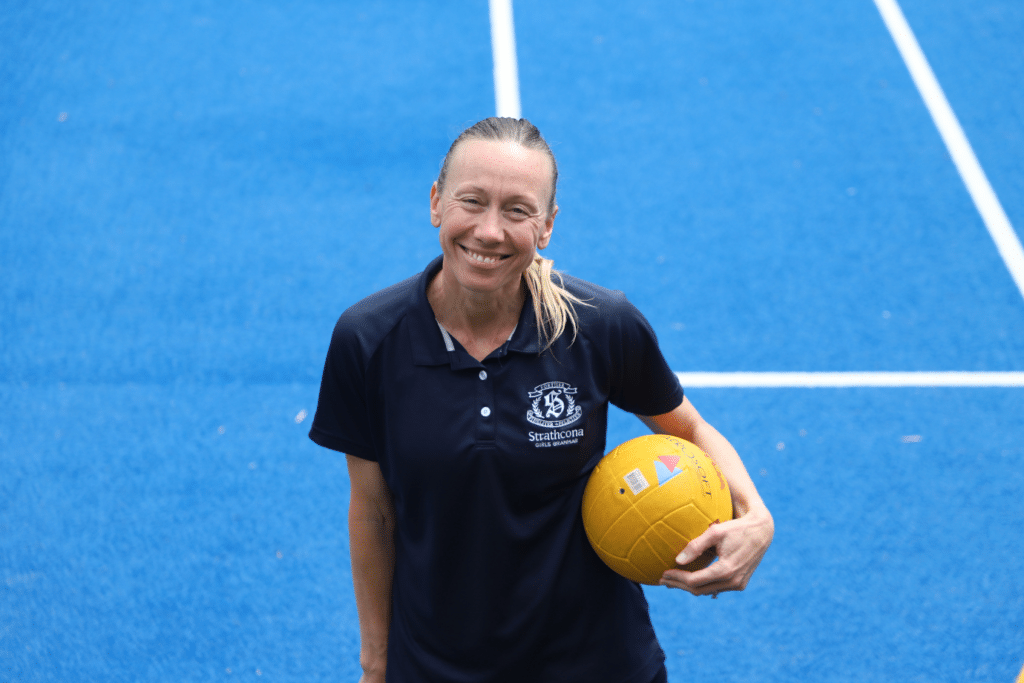Sport is undoubtedly one of the most powerful platforms we have at our disposal for promoting gender equality, which is why Paris’s gender equal Olympics is a game-changer.
For the first time in history, an equal number of male and female competitors are competing at an Olympics signifying a watershed moment in female athletes’ fight for inclusion and equality. A gender equal Olympics brings with it a sense of possibility for girls across the globe – letting them know that female pursuits are to be taken no less seriously than those of males.
In the wake of such events, girls are also left inspired and motivated to participate in sport. Last year, we saw the ‘Matildas effect’ lead to a surge in female soccer registrations following the Matildas’ success at the 2023 World Cup. And the Paris Olympics brings with it yet another golden opportunity for us to galvanise female and particularly girls’ participation in sport; especially important in Australia, where we are struggling to keep them involved.
Research from Visa and Year 13 shows that Australian girls are dropping out of competitive sports at an alarming rate by the age of 15, with factors including a lack of role models, body confidence issues, and educational pressures contributing to a mass exodus.
Beyond the very obvious physical benefits, sport provides young women with the space they need to explore their potential and develop essential life skills, such as leadership, teamwork, and resilience. Their participation also opens doors to diverse career paths.
Engaging in sport fosters a sense of community and belonging, which is crucial for social development and mental health. It’s through sport that our girls build confidence, learn to set and achieve goals, and develop a strong work ethic that benefits all areas of their lives.
While female visibility and role-models are important, coaches, mentors, and parents also have significant roles to play in encouraging girls to participate in sport. This group must try their mightiest to provide sporting opportunities, cultivate supportive environments, promote positive body image, and provide mentorship that encourages female participation.
By actively promoting and developing programs that address the unique barriers faced by young women, we create a culture where girls feel valued, inspired and motivated. We must listen to what girls tell us about the environments they excel in and create them.
For example, research by Alliance of Girls’ Schools Australasia shows girls prefer single-sex PE classes and sports teams as they don’t feel as self-conscious. Girls are also more likely to perform to their full ability when they participate in an all-girls team or league.
A further study from Victoria University found that having flexible uniform policies offering a range of clothing options encourages girls to stay engaged.
This Olympic Games therefore represents far more than just a show of athleticism; it is a stepping point from which to advance gender equality both on and off the field.
Girls and young women are an unstoppable force when given the right space and opportunities to stretch, challenge and discover themselves.
We therefore must do our bit to ensure that every girl has the chance to experience the joy, confidence, and empowerment that come from participating in sports.

